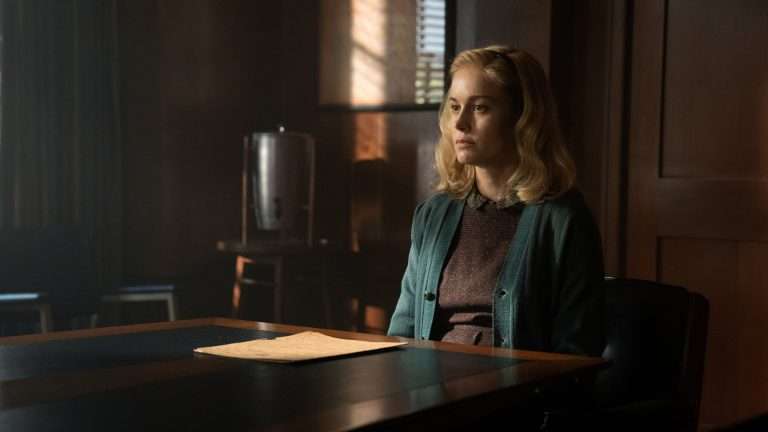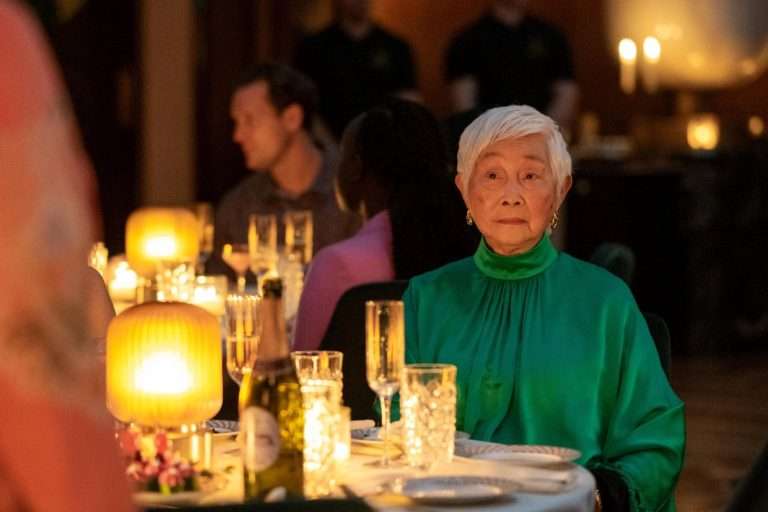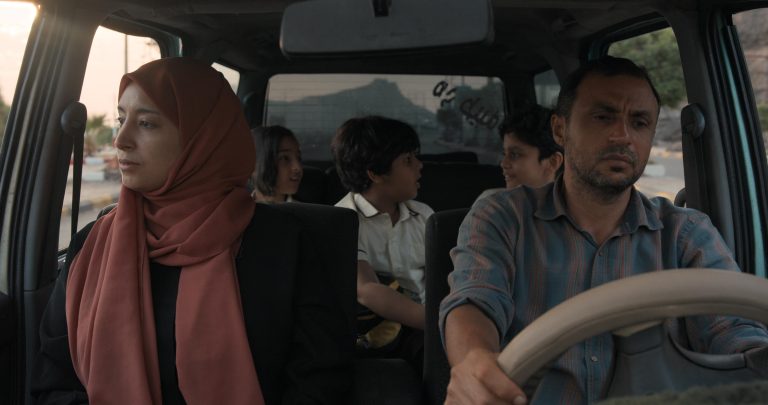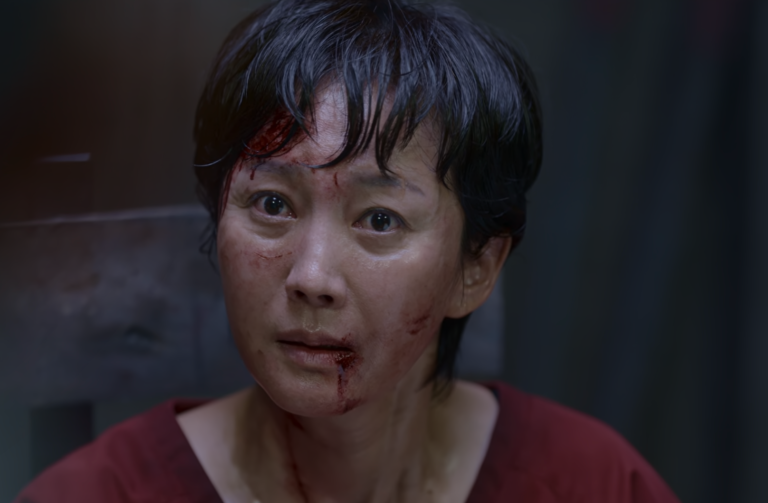School of Lies (Season 1) Review: The show opens with someone seeing what he should not have. It is late at night in a boarding school. The opening note is ominous and immediately sets the stage for the forbidden and secretive. The story snowballs gradually into darker shades. A grade seven kid of the boarding school, Shakti ( Vir Pachisia), somewhere in a mountainous region called Dalton Town, River Isaac School of Education, aka RISE, is discovered missing from the dorms and school.
The housemaster, Sam (Aamir Bashir), resists suggestions of alerting the cops, despite the insistence of the principal, reminding him categorically, “When a crisis happens in the house, it must be resolved within the house.” That, he adds, is the foremost rule of boarding. When they realize they have to call in the cops, the ensuing police procedural framing device becomes an uninspired, lazy, utterly wasted device to dive into the motley themes, plot tracks, and diversions of which the show has aplenty, almost always to a fault.
We meet Shakti’s bunkmate, Murali. Murali might or might not be the last person to see Shakti. His account varies, and the show aims to make us doubt his statement. The show never lets any of these ambiguities or uncertainties simmer out into something unpredictable, despite dollops of risqueness shoved into the script. The show creator and director, Avinash Arun, is saddled with a script( Ishani Banerjee and Nishant Agarwala) so busy, refracted through a determinedly muted tone, that the immense, crushing soberness it piles on us turns the show into a humorless enterprise.
Granted, the material it tackles is not the most cheerful, but most of the interactions that we see in this boarding school, this particular angularity it adopts towards the teenagers and adults alike, has this unwavering self-aggrandizing tenor, which is flat-out annoying. Let’s take up specific samples and discuss them to make my points clearer. I am not against a sombreness of treatment; the problem is when a narrative and its visual rendition seem to privilege it as some sort of aesthetic, artistic credo. The background score is kept deliberately to the minimal; it erupts in moments of the actorly showcase, buttressing the most ridiculous scenes, yet again of which the show has a carefree abundance of.
Nimrat Kaur, a career counselor at the school, playing Nandita, gets reams of amateurishly written scenes, including a priceless one where she is talking to the students, trying to locate sources of tension, clutching at original nodes of conflict and panic. The scene comes off as entirely stagey, Kaur reflecting absolute disinterestedness, both she and the actors playing the various students giving off the appearance of a hovering script they are rattling rote. It does not take a very perceptive viewer to see through the intense lack of curiosity in engagement between both sides, both parties in a frame.
This peculiar muddled interest extends to the writing and handling of various tracks the show circles on. The issue is not of ambition here but that of a plodding exploration of contrived thematic preoccupations the show wants to project itself as concerning itself with. The show hurls in a provocative track of a professor indulging in an illicit relationship with two students but does not deem it worthy enough of self-appraisal; it bungs into the mix the professor’s own experience of child sexual abuse. Arun plays with time and the shadows of the past through a series of imagery revolving around surprise-surprise children.
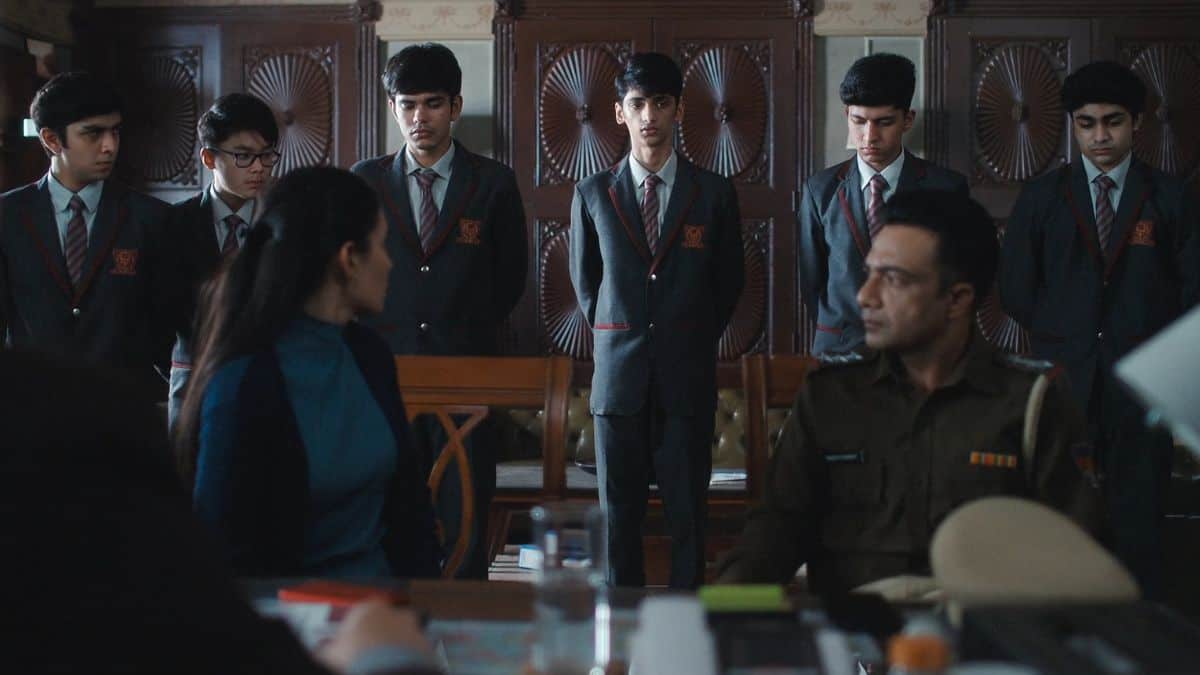
They prop up in corridors, unbidden, in the middle of abuse, engendering a tired conceit of circularity and repetition, the crippling failure of not halting the course of further violence by a person who has witnessed intimate violence himself. The real tragedy is that the script is not ready and willing to reckon with the huge problems of the relationships it is laying for us. Tapan (Aryan Singh Ahlawat), Vikram (Varin Roopani), and Sam’s interlinked relationship is flung around aimlessly, with a troubling lens on queer baiting sharpening increasingly as we watch. Vikram and Tapan’s refrain, “I love you, brother,” some sort of code phrase for their queer love, gestures to odd awkwardness on the part of the makers, a dated retraction from embracing their ramifications.
Some might credit the show’s blurring of lines between friendship and sexual affiliation, hailing it as radical fluidity in its delineation. Still, there’s undeniably something very coy and fumbling about it, a sort of timidity directly indicated by the scenes Vikram and Tapan share. The psychological tension imminent to three being in a transgressive relationship is supplanted by meek, repressed scenes, stripped of sexual heat.
One can guess the track is built to generate a swell of poignance; what it ends up doing is defuse interest with stubbornness as the track unravels more and more. Roopani wrestles with his character’s sense of masculinity, handed lessons by Nandita on pleasing the girl he likes. However, the brief assigned to him seems to be a one-note expression of moroseness, nerviness, and anxiety; the actor strains to articulate the complexity, which is not entirely his lapse, considering the script’s meandering, increasingly purposeless movement among its many plot trails.
There is Vikram’s strained relationship with his mother, which dissipates into an argument within minutes of having a conversation. He is also very uptight in maintaining a rigid masculine façade, keeping up a firm reputation, with an eye out on integrating his younger brother, who he views as imprudent. Ahlawat fares better with his character; he has some measure of alluring variety and confidence.
There is also a real crisis of suspense in the show, the slow burn mode of storytelling drying up quickly in eight painfully overlong episodes, as we go from angsts about bad, failed motherhood exemplified by an extraordinarily stiff Geetika Vidya, escapist, irresponsible fatherhood seeking to shunt all onus and bundle upon the mother, a kidnapping racket, drug peddling, Nandita’s relationship with her bedridden father whose silence over his brother’s sexual abuse upon Nandita, some enigmatic monk whose role I was past caring to even ask questions about.
There is also a fair amount of mind-boggling talk about mothers, and their divinity/witchery, coming across as planted in a chat between two kids. When the monk makes his appearance towards the end, I frankly could not fathom what the fuss was all about, as hyped by the local guy, the school gardener, Bhola’s son, who Shakti hangs around with. The show scrambles through these threads hastily, becoming an inelegant, unwieldy piece. Each track, instead of deepening the intrigue, flatten it, the dramatic flab gaining an emotional inertness with each episode. The subplots are casually discarded not very long after they are introduced, their tying into the narrative entirely unconvincing and jarringly manufactured.
Arun’s situating the narrative within mountainous roads and nighttime forests also feels more incidental than strengthening it. There is a lot of visual posturing about evoking atmospherics, but the writing deflates every opportunity for it to fully affect and engage us. By the end of it, as the show winds down to a conclusion anyone could guess coming from a mile, I was genuinely left perplexed about what the drama was all about.
School of Lies is an affront to the design it assumes as well as to us, the unsuspecting viewers, cheating us with a resoundingly insipid garb of a thriller decked with talking points positioned for woke brownie points. Abuse, neglect, and the conversation around its silencing and denial needed more seriousness in its writing than what it constantly, exhaustingly poses as.



